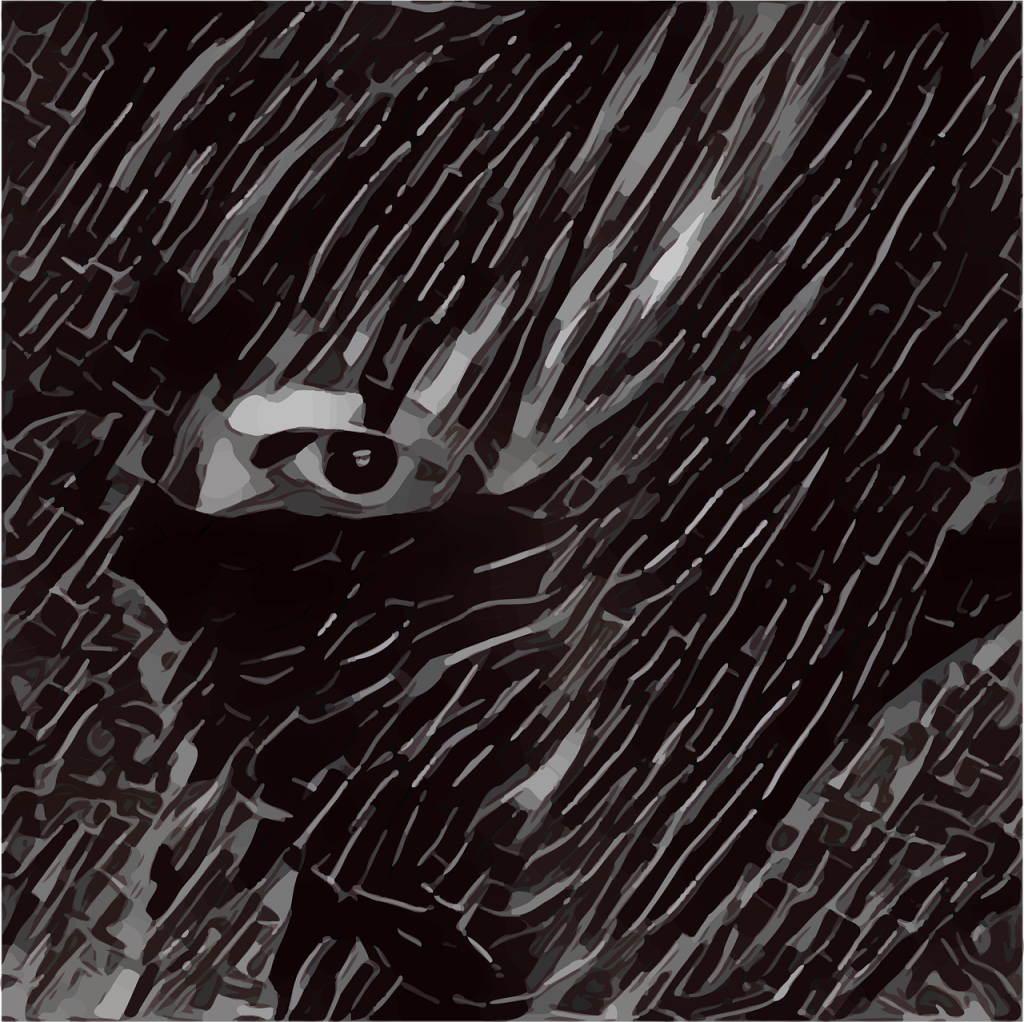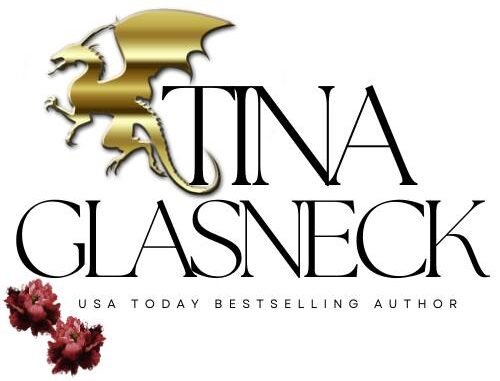
I write from my experiences
It is a truth that all creatives dig deep into their life’s fodder—be it true to life experiences, or even the emotions the experience produced.
Life is the best teacher of writing.
It is through those experiences that I can draw on to help spice my narratives.
Currently, I am working on a short story with my newsletter subscribers, showing the process of how I create.
Although a story plot is essential, characters are what readers want, a connection that draws them into a story and makes them care.

For my current work-in-progress, I am writing a short story, and the story goal is simple: How does character A defeat character B? This is the main gist of the story, but not the main plot. This thread of storytelling must be braided with the actual external plot that thrust the reader into the story.
The premise doesn’t have to be complicated, but an open question that causes one to ask ‘what if’ and dig deeper into options.
So, for this question, this what-if, we start with plot vomit! This means we free write ideas of what we think might could happen. All thoughts are welcomed at this stage.
What if the villain isn’t the real villain?
What if magic causes the villain and hero to switch roles?
What if the villain and hero must join forces to defeat and even the worst option?
What if the villain was an automaton, and a henchman was operating him?
What if the hero is placed under a love spell and goes to the dark side?
What if the hero’s lover dies, and it serves as a path for the hero to not only defeat the villain but to become the new villain?

The more questions you ask, the more your imagination starts to churn and think. There are no incorrect questions to ask. Here we are only trying to find the character’s goal for this story, as in how we see the character at the beginning and how they will be at the end.
By starting your writing process with such, it guarantees that the story will also have a significant character arc and change.
